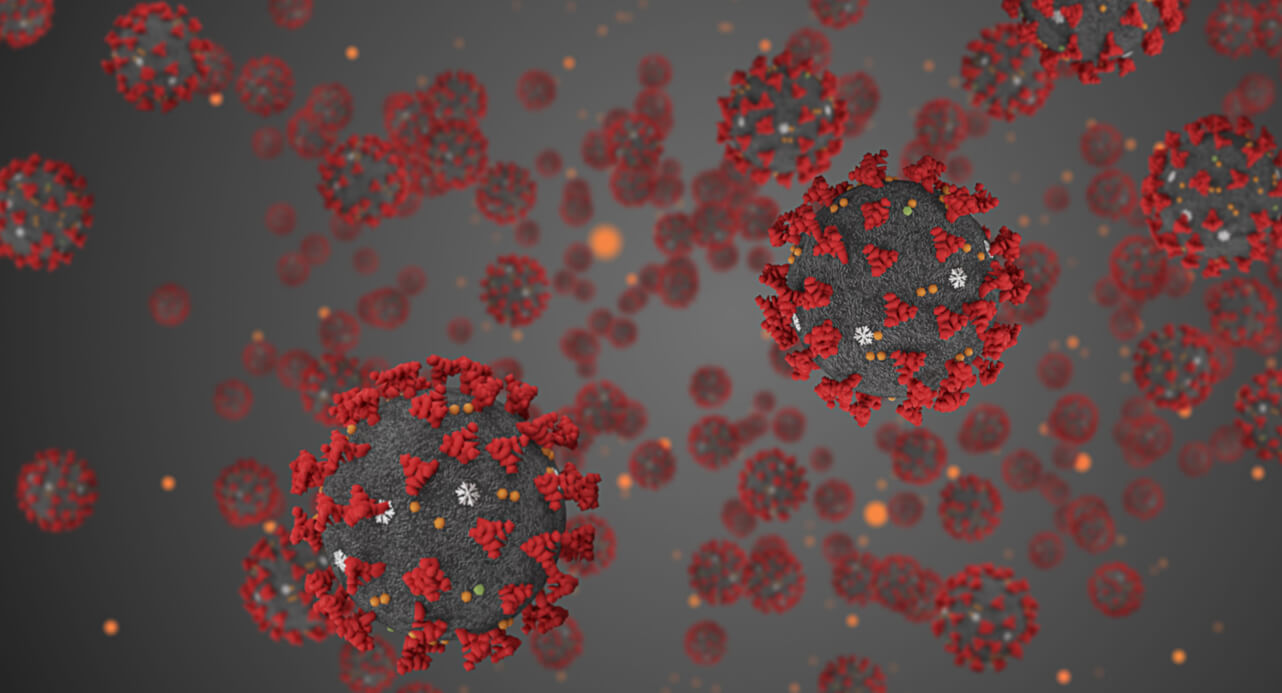A study conducted by researchers at the Spanish National Cancer Research Centre (CNIO) in collaboration with the COVID-IFEMA Field Hospital has found patients with severe COVID-19 disease have significantly shorter telomeres.
The authors believe that it is the short telomeres that hamper tissue regeneration after infection: “We know that the virus infects alveolar type II pneumocytes and that these cells are involved in lung regeneration; we also know that if they have telomeric damage they cannot regenerate, which induces fibrosis. This is what is seen in patients with lung lesions after COVID-19. We think they develop pulmonary fibrosis because they have shorter telomeres, which limits the regenerative capacity of their lungs.”
As the most severe patients are also the oldest patients, there is a correlation between greater severity and shorter telomere length. But the most surprising and important finding for the researchers is that the telomeres of the most seriously ill patients were also shorter, irrespective of age.
The researchers write: “Interestingly, we also found that those patients who have more severe COVID-19 pathologies have shorter telomeres at different ages compared to patients with milder disease. These findings demonstrate that molecular hallmarks of aging, such as the presence of short telomeres, can influence the severity of COVID-19 pathologies.”
You can read the full article here.

